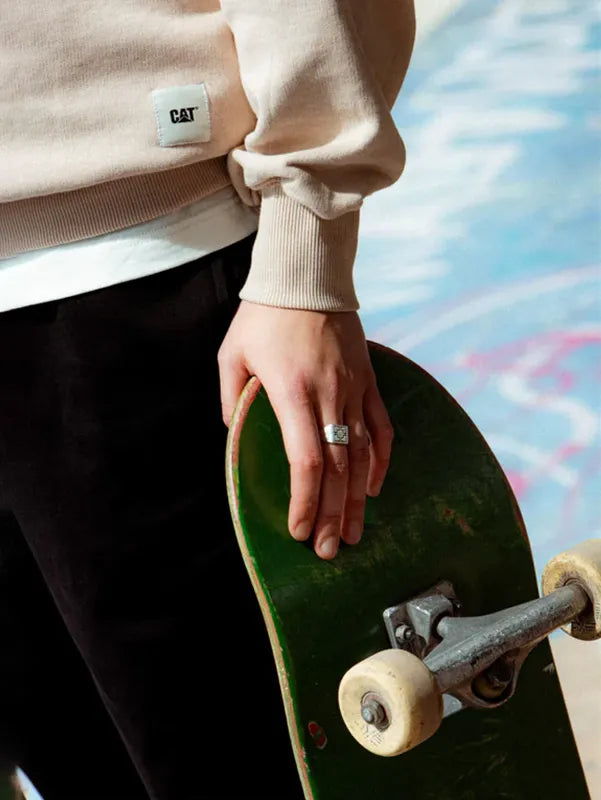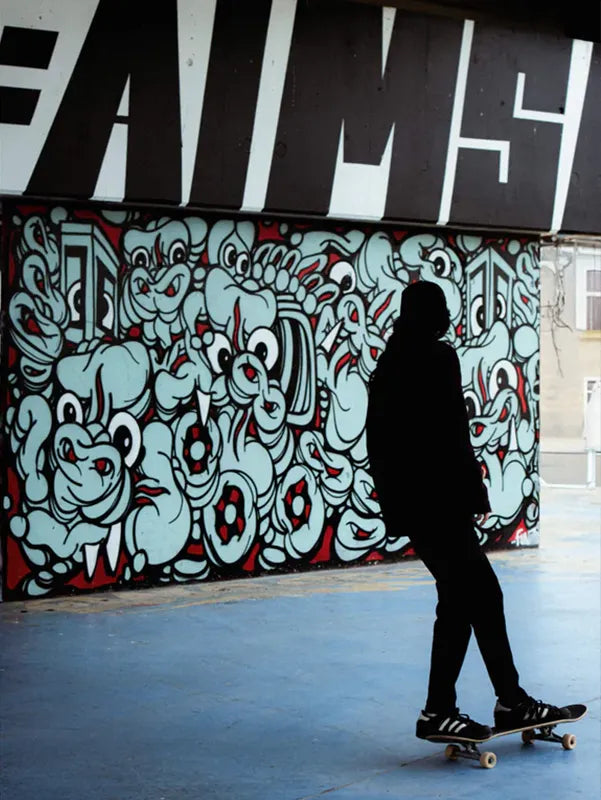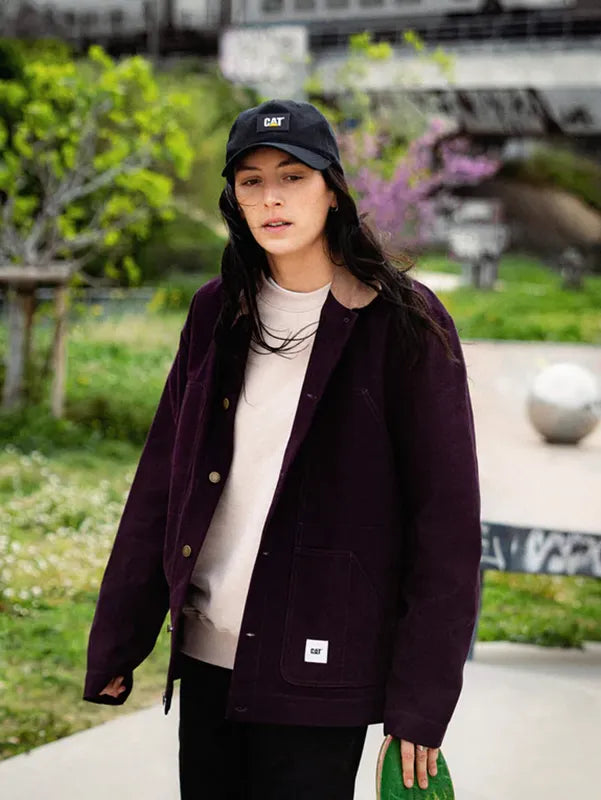Margot Waslet - Skater
CREDITS
Talent: Margot Waslet
Photo : Rise Up Duo
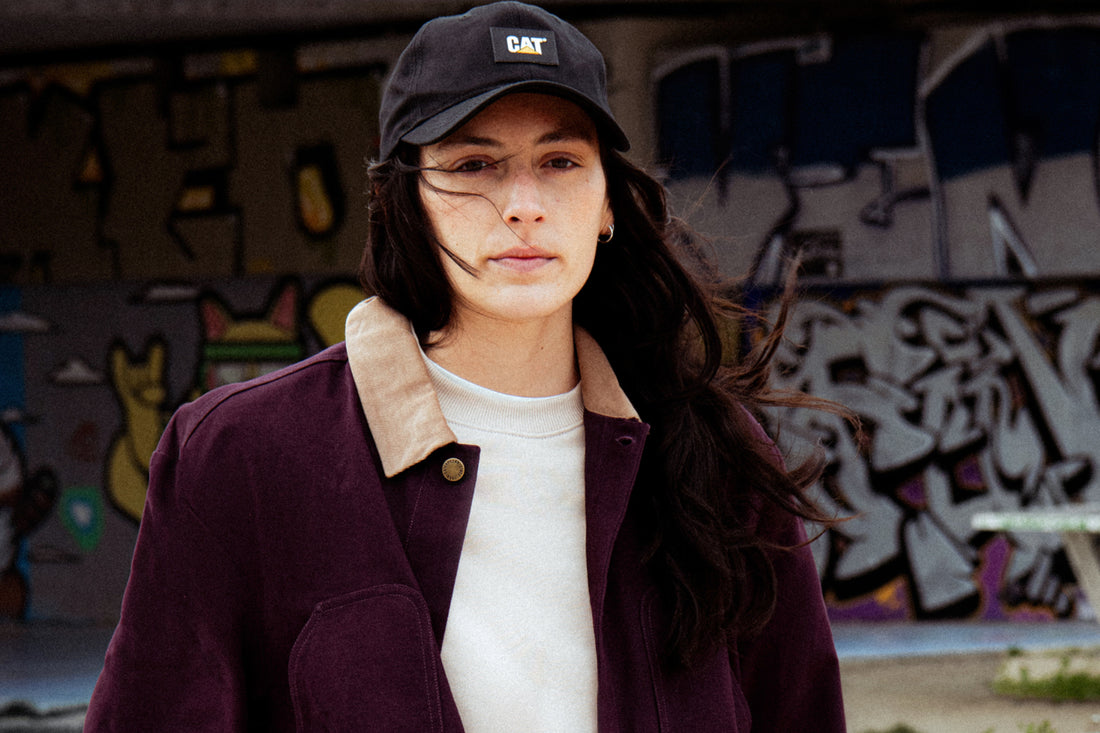
Talent: Margot Waslet
Photo : Rise Up Duo

Margot Waslet is an unwitting symbol of this gateway to the Mediterranean, where the everyday and the extraordinary dialogue relentlessly, creating personalities that are anything but one-dimensional. The skate subculture on the one hand, the nursing profession on the other. Margot shows how, in Marseille, the combination of opposites results in harmony, and why here skate rebellion can rhyme with the responsibilities of an ordinary human being.
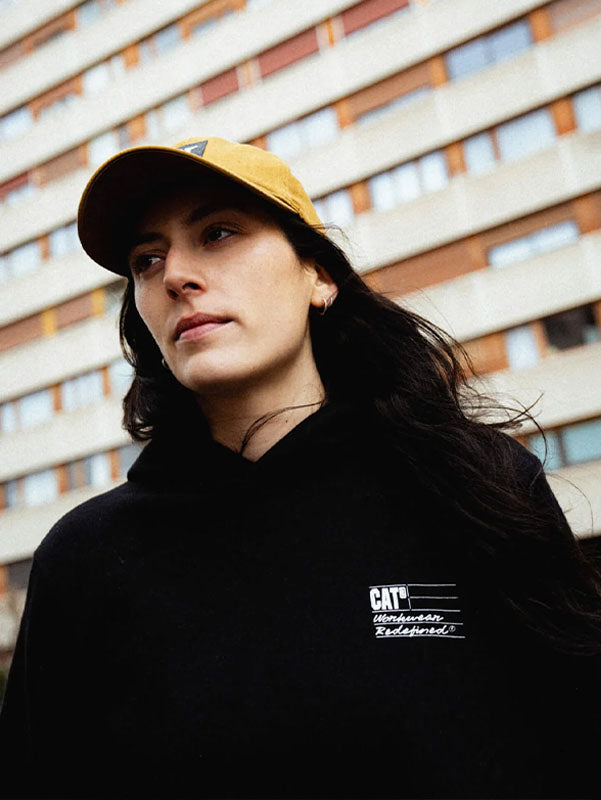
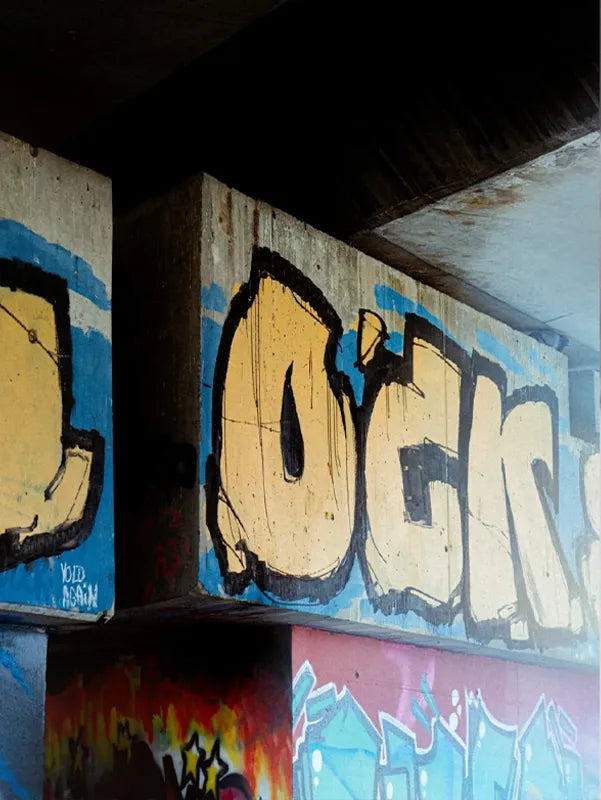
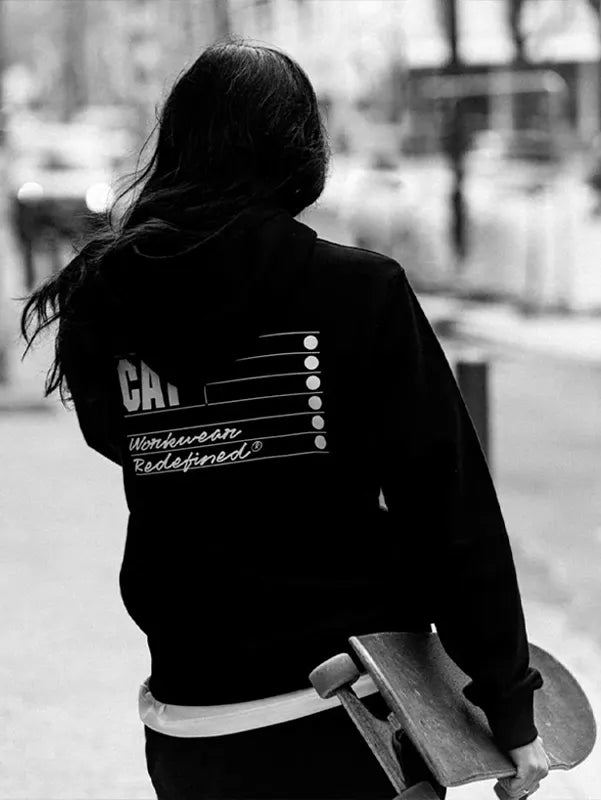
I discovered skating at age 13 thanks to a friend at school and by watching skaters on the streets. I started to ride with my friends, but I also spent a lot of time alone. A lot of times I went to the skatepark early in the morning by myself: I wanted to learn and improve.
The skate culture quickly became a means to express myself, as well as a real outlet for my personality. Now it continues to allow me to meet people from all over the world, to learn about different cultures and backgrounds... I think it's really enriching.
Yes, and I work in the emergency room. My job is very intense, but I like to be dynamic and helpful all the time. I have to work a lot to pay my rent, so I can't skate like I used to... But I still manage to find one or two hours a day for skating with my friends.
I’m proud to have been born and raised in Marseille, I feel lucky even if life here isn’t always beautiful because of poverty and violence. We’re lucky to have a skatepark very close to the sea, so I spent my adolescence skating, swimming, and doing barbecues.
Skaters in Marseille are more chill compared to those in other cities. Here, everyone skates together regardless of their level, age and background, I’ve never felt any competition or experienced bad behaviors.
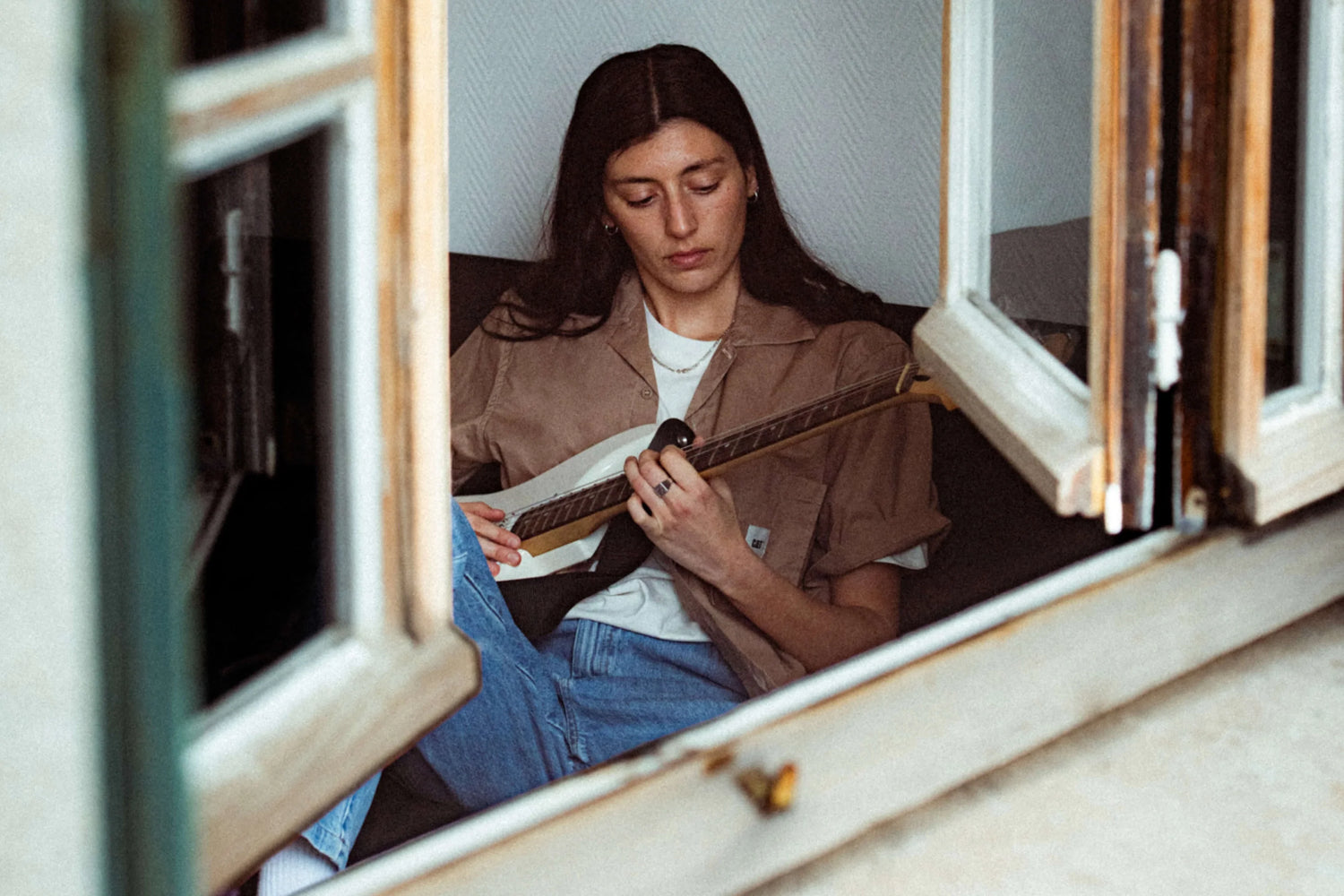
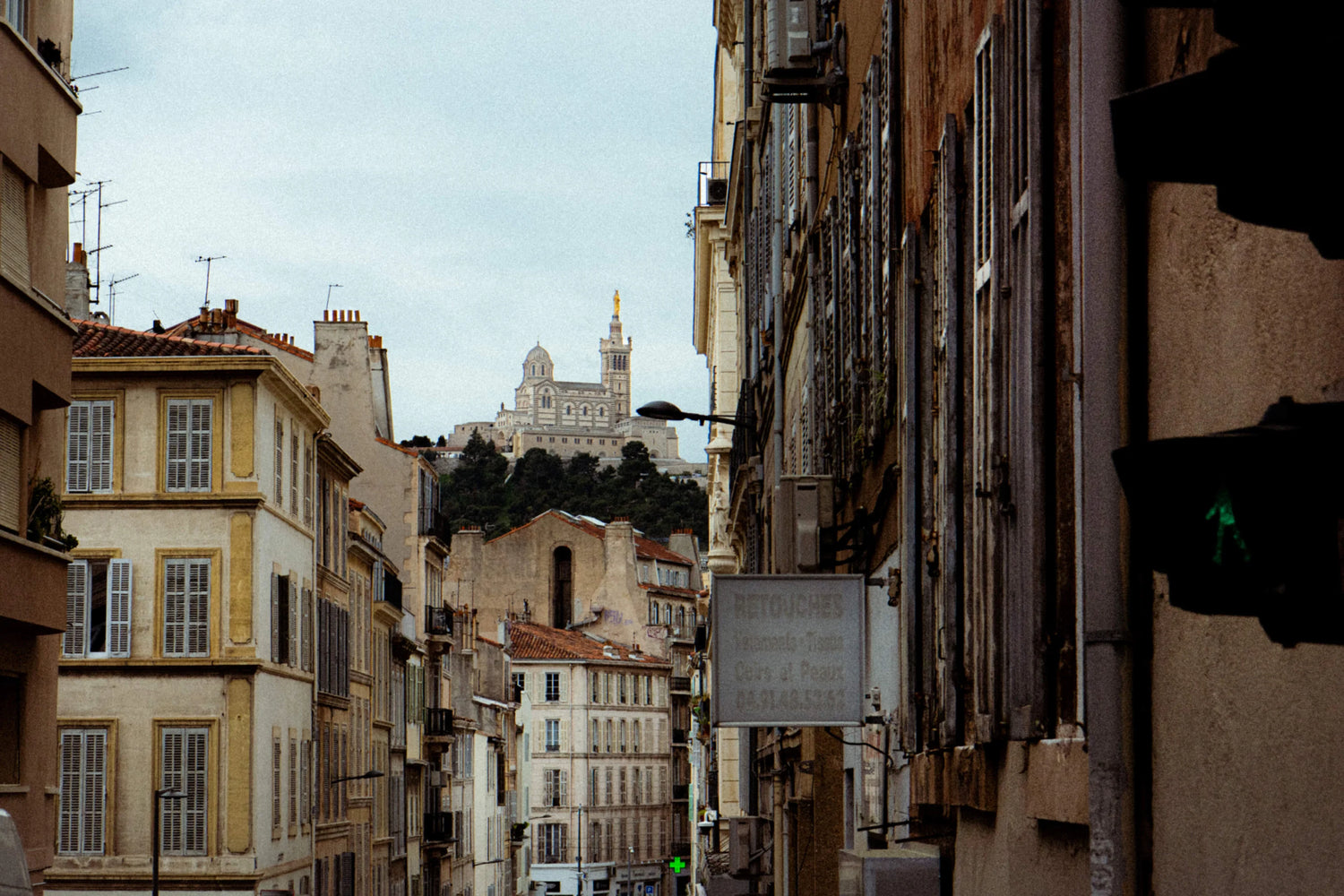
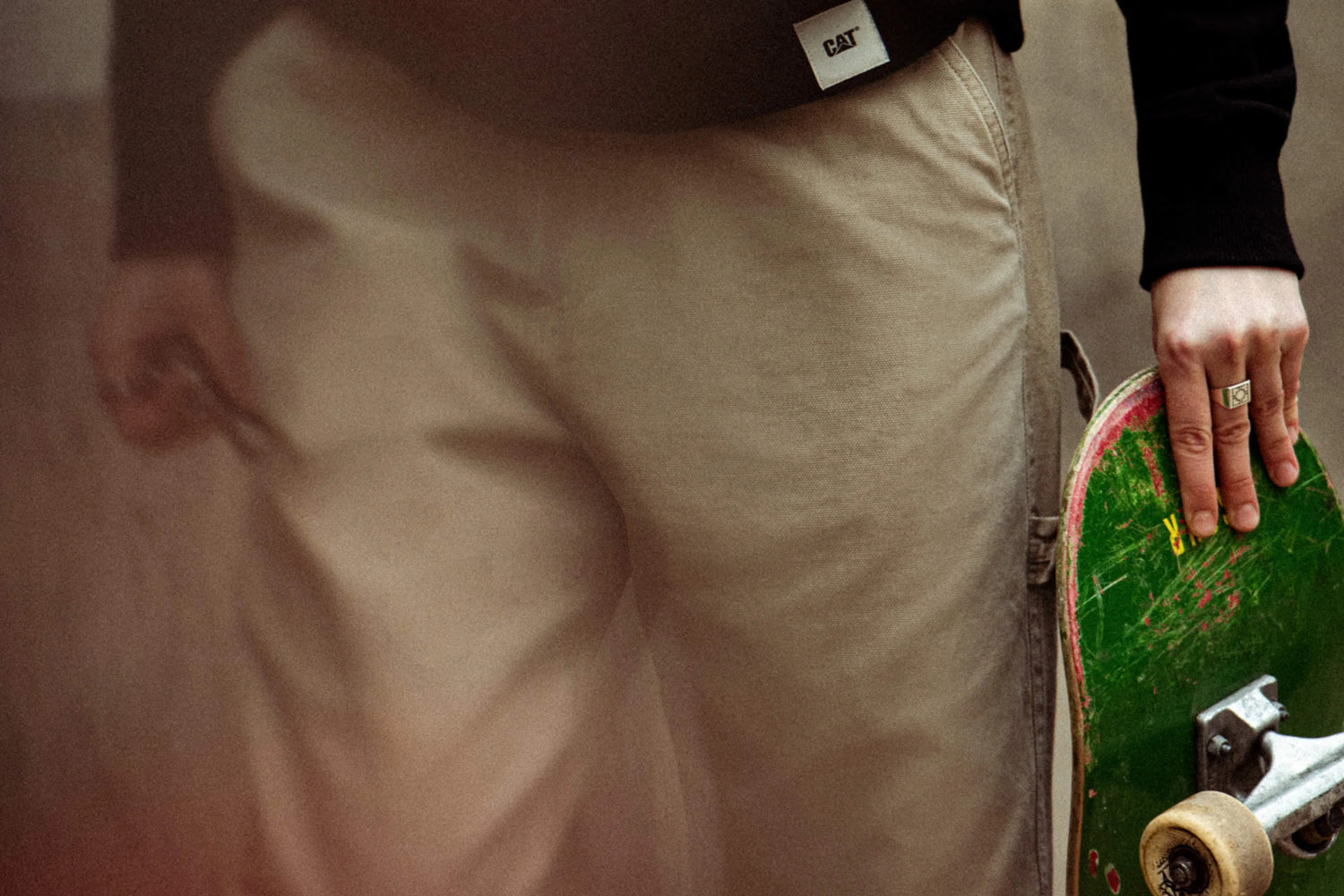
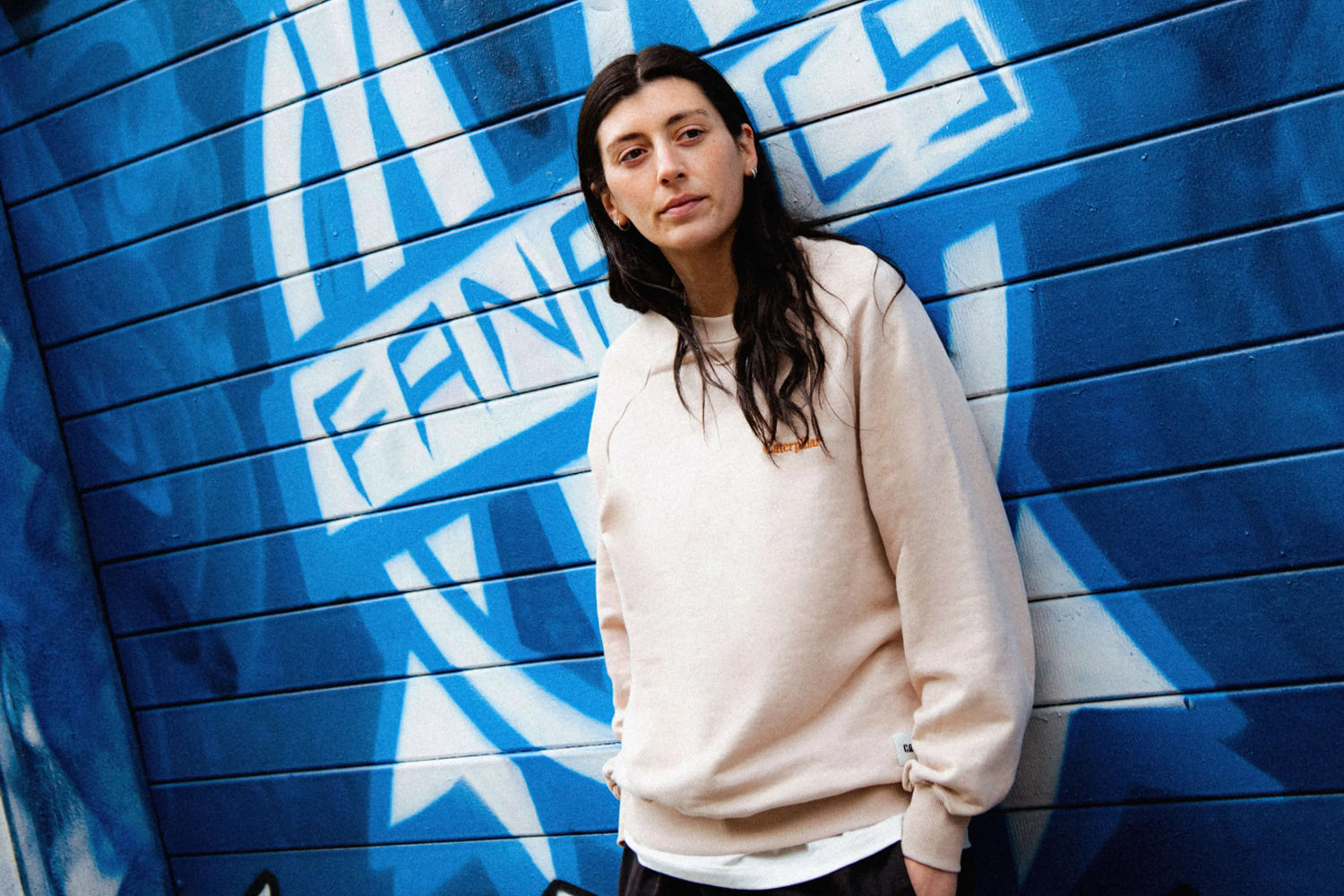
My favorite spot was a DIY skatepark that I built with some friends, but it no longer exists. So, I’d say my favorite spot is the Bowl du Prado: this skatepark is near the sea, and I spent there all my teenage years. I also like the La Major spot, with flat ground and ledges. In my opinion, La Major is one of the best spots to visit and experience, especially during a sunset.
I always liked skating in the streets because. Here you can easily land on a spot with your friends, meet new people, use the architectures and spaces of the city. In some neighborhoods there are a lot of kids playing in the streets, so you can help them getting on the board, and it's always a good time. Furthermore, in Marseille we often skate under the sun and end these kinds of sessions by going to the sea or playing football on the spot. Football also has a special meaning for this city.
I grew up with the sea, I don't think I could live somewhere else. Here, you can sometimes escape your problems just by going to the sea.
We have so many spots with rocks where you can just sit, look at the waves and stop thinking about anything else. I love going to Les Goudes with my motorbike and walking in the Calanques, it makes me feel free. I also like going to Petit Nice and Malmousque to swim and have parties, unfortunately these wonderful places are becoming overcrowded because of tourists.
Multiculturalism is also one of the reasons why I’m proud of Marseille. Most of my entourage is related to immigration, some of my ancestors arrived in Marseille by boat from Syria. I think that this factor brings a lot of social tolerance.
Diversity enriches this city in a lot of ways. For example, in Marseille you can eat fish soup or pizza, as well as couscous or briks. Chez Yassine is a great Tunisian restaurant, and it also has street food, but the classic way here is having a pizza from a pizza truck: you can find these trucks anywhere.
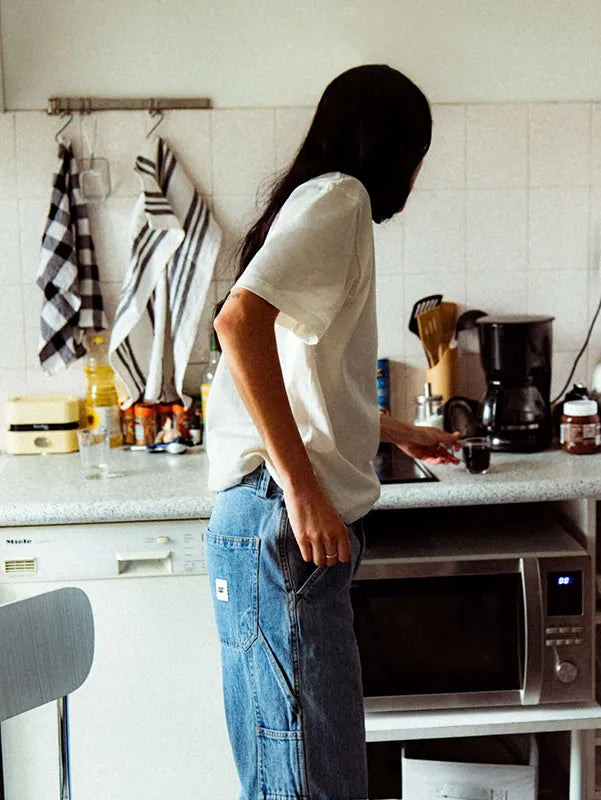
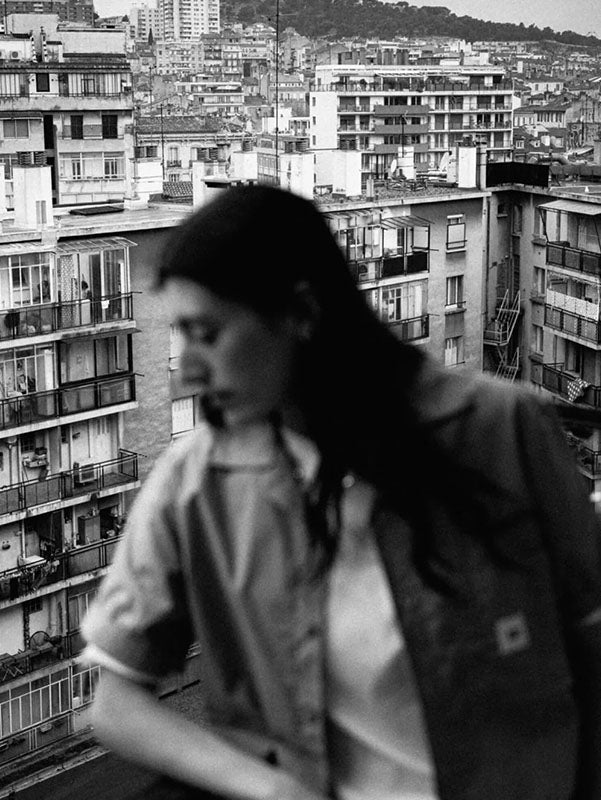
Pétanque is very present here, in summer we often play this game at the end of the day. I already played with two old strangers until 2 a.m. When I play it, I honestly don't really have a favorite place, because in this game, conviviality matters more than the court.
The best parties I had were rave parties on the beach with various collectives playing many different styles of music. I don't go to clubs a lot, and I like to experience concerts at l’Intermediaire. There are also some bars that have a club in their basement, like Vice Versa, with disco balls and mirrors. All types of people go there.
Cours Julien and la Plaine are where many bars and restaurants are concentrated. The best plans for eating good and cheap for me is to take a pizza or eating panisses and seafood from Gilda, for example, and the good fact in there is that you can bring your street food also to other bars.
Skateboarding for me is a way of having fun, I don't take myself seriously as a skater, but this culture is part of me and will always be it. I think that skateboarding allows me to keep a connection with the child in me and not get locked into the daily routine and problems. I’ll continue to plan trips together with my skater friends from all over the world.
